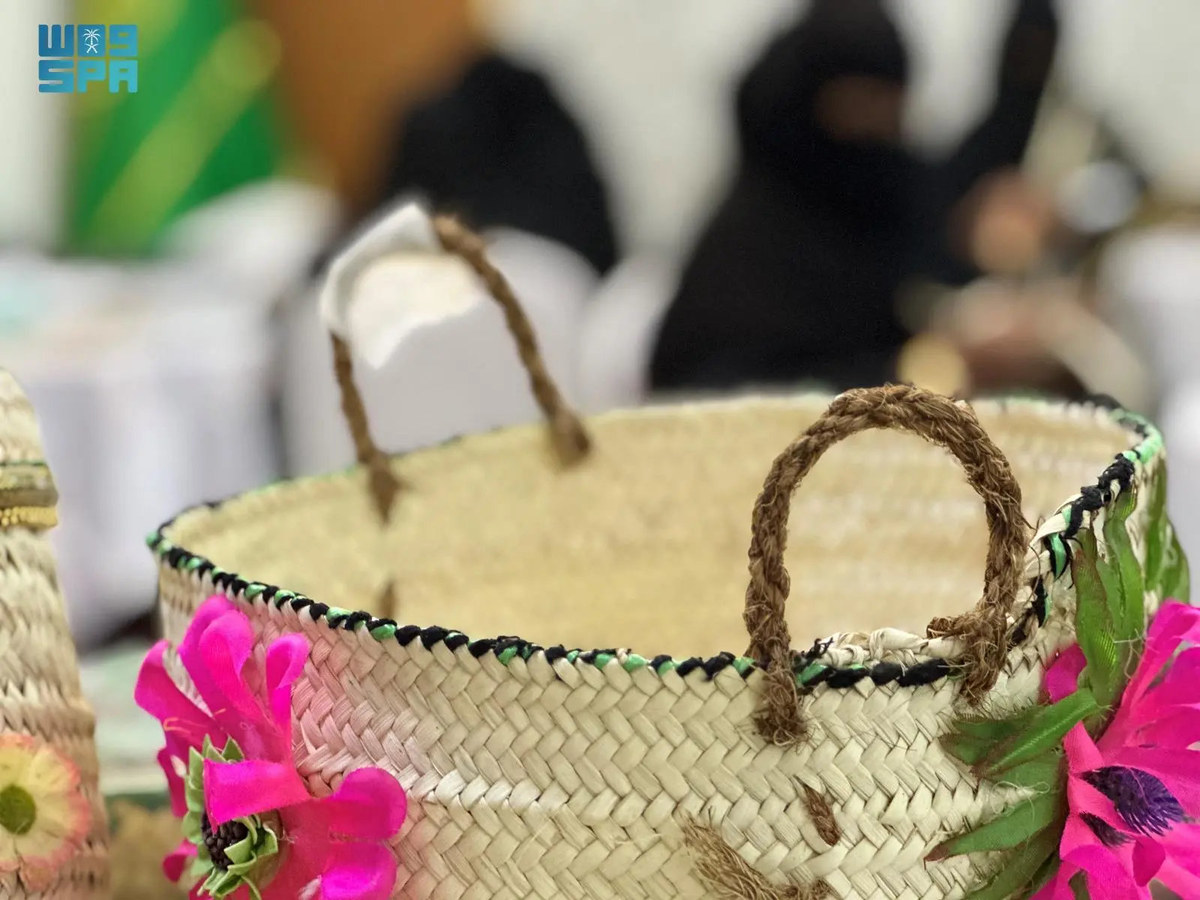JEDDAH: Experts at the 22nd International Learning and Technology Conference have underlined the critical role of synergy between humans and machines in driving sustainability and educational innovation.
The event, organized by Effat University in Jeddah, had the theme “Human-Machine Dynamics: Fueling a Sustainable Future” and brought together speakers who discussed how technology could be harnessed to address global challenges like climate change and resource scarcity.
It focused on the transformative potential of human-machine dynamics in education, emphasizing innovative approaches that combined human insights and machine intelligence to address sustainability challenges.
The two-day conference featured a dynamic exchange of ideas through keynote speeches, an engaging panel discussion and interactive workshops, all highlighting the latest advancements in human-machine dynamics.
The keynote speakers at the inaugural session were Dina Hasan Al-Nahdy, chair of CES Consulting; Mohammed-Slim Alouini, Al-Khawarizmi distinguished professor at King Abdullah University of Science and Technology; and Ahmed Hassan, president of Elsewedy University of Technology.
In her speech, “Technological Innovations for Sustainability,” Al-Nahdy stressed the need for the optimal use of technology to reduce emissions.
“It is required to capture emissions before entering and polluting the atmosphere by converting it into energy,” she said, adding: “Technology is the heartbeat of driving sustainability.”
Alouini spoke on “Towards Connecting the Remaining Unconnected,” while Hassan addressed “Generative AI for University Contributions to SDGs.”
Effat University President Dr. Haifa Jamalallail said the university reviewed and accepted 70 papers out of a total of 117 submissions from 330 authors and researchers worldwide. She added the university has been committed to sustainability over the years, recognizing its importance in addressing global climate change crises.
“The outcome of the conference is that sustainability is not only a word but an action that needs to be taken into account to make sure academia are interactors with other stakeholders like governments and industries in reducing emissions and ensuring sustainability,” she said.
Referring to the role of Effat University in research, community service, and teaching and learning, Jamalallail said the conference significantly contributed to achieving sustainability by bridging learning and technology.
“These days technology is the one that helps us significantly in reducing emission footprint and thus we are joining with the global mission in ensuring sustainability,” she said.
In her opening remarks, conference chair and dean of Effat College of Engineering, Akila Sarirete, highlighted the legacy of the university in organizing the conference since 2002.
She said the conference offered groundbreaking insights into areas such as human-machine interfaces, sustainable education, smart campuses, technological transformation, policy ethics, human-centric technology in education, and the role of artificial intelligence in health and environmental well-being.
“These discussions offered fresh perspectives on integrating advanced technologies into educational frameworks,” she added.
This year’s event also featured a high school competition, themed “Human-Machine Fusion,” in which 30 local schools took part. Students from Pakistan International School Jeddah secured both first and second prizes, while third place went to International Indian School Jeddah.






























